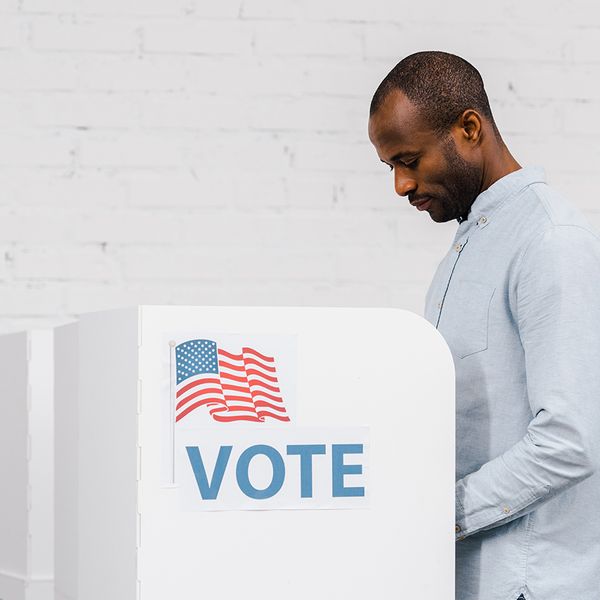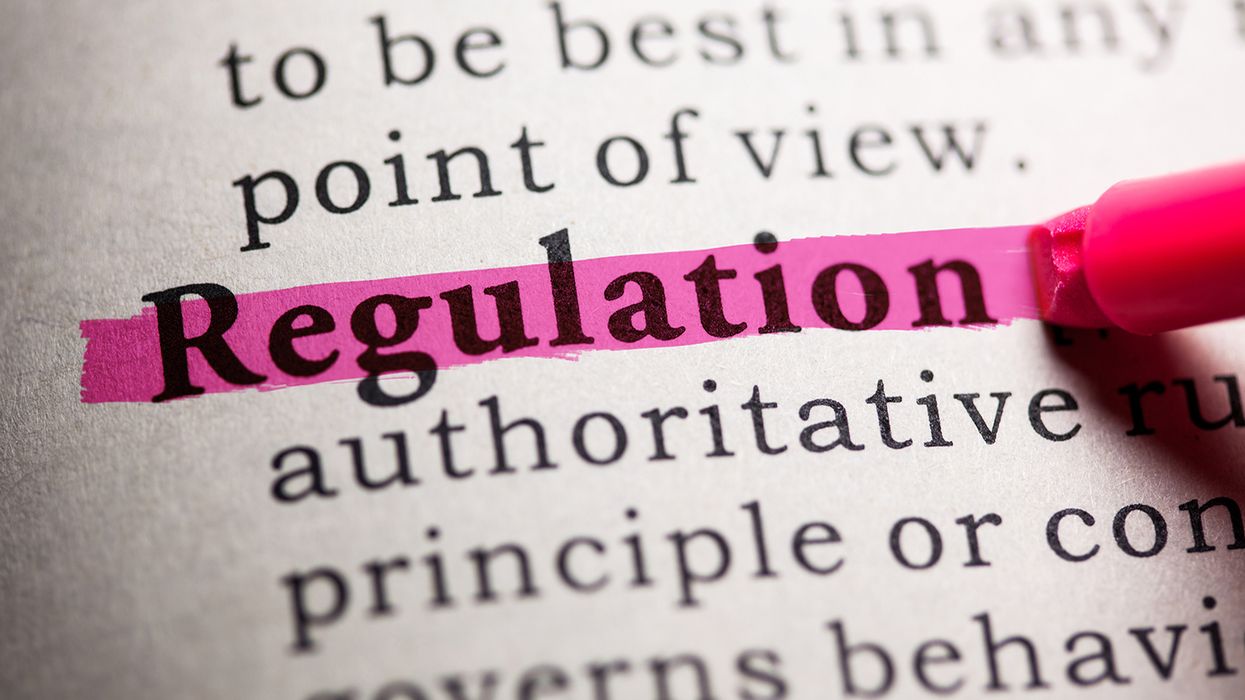From water cooler to hot water: A reality check for employee free speech
Free speech is a cornerstone of American freedom, as it is in the First Amendment of the U.S. Constitution. That does not, however, mean that employees are free to say whatever they want — even outside of work — without risk.
This doctrine means that the U.S. Government may not restrict what Americans say. This restriction does not apply to private employers. Therefore, what employees say can have major repercussions.
Employers may limit what employees say, even outside of the workplace, without running afoul of the First Amendment.
During times of intense conflict, employees, being humans, are more apt to voice their opinions and views. Their beliefs, however, might not be in harmony with those of their employer.
Every state but Montana runs on the concept of at-will employment. This simply means that either employers or employees may end the employment relationship at any time and for any reason. Employers must, however, ensure that their reasons don’t conflict with employment laws. Employers may not, for example, fire someone based on characteristics such as the individual’s gender, national origin, race, age, religion, or disability. Employers also may not retaliate against employees for exercising their rights under laws that prohibit discrimination based on protected characteristics.
The at-will employment doctrine gives employers more support for disciplining employees for their unprotected speech — again, even if employees make the speech outside the workplace.
Employees are not, however, totally without protections.
The federal National Labor Relations Act (NLRA) protects employees when they talk with each other about issues involving work, including potential means of improving their working conditions.
The NLRA gives employees the right to criticize their working conditions and organize for improvements of those conditions. This applies to both unionized and non-unionized employees.
The NLRA does not, however, protect employee speech outside of this area. If a single employee were to simply voice their opinions, and that opinion is not related to the work/workplace, the employee would not have NLRA protections.
Contracts/agreements
Contracts or other agreements between employer and employee could include some employee speech protections. An employment contract could, for example, state that the employer could terminate the employee only for cause or good reason, such as poor job performance, vile behavior, safety violations, etc. Employers would need to consider the provisions in the agreement before taking action.
While company policies might limit what employees may post on social media, to some extent, the rules must not be overly restrictive, or they risk violating the NLRA.
Key to remember: Despite what some employees might think, the First Amendment does not apply to the workplace; it applies to the U.S. Government. Therefore, employers may discipline and even terminate employees who express views that don’t align with the company.




















































